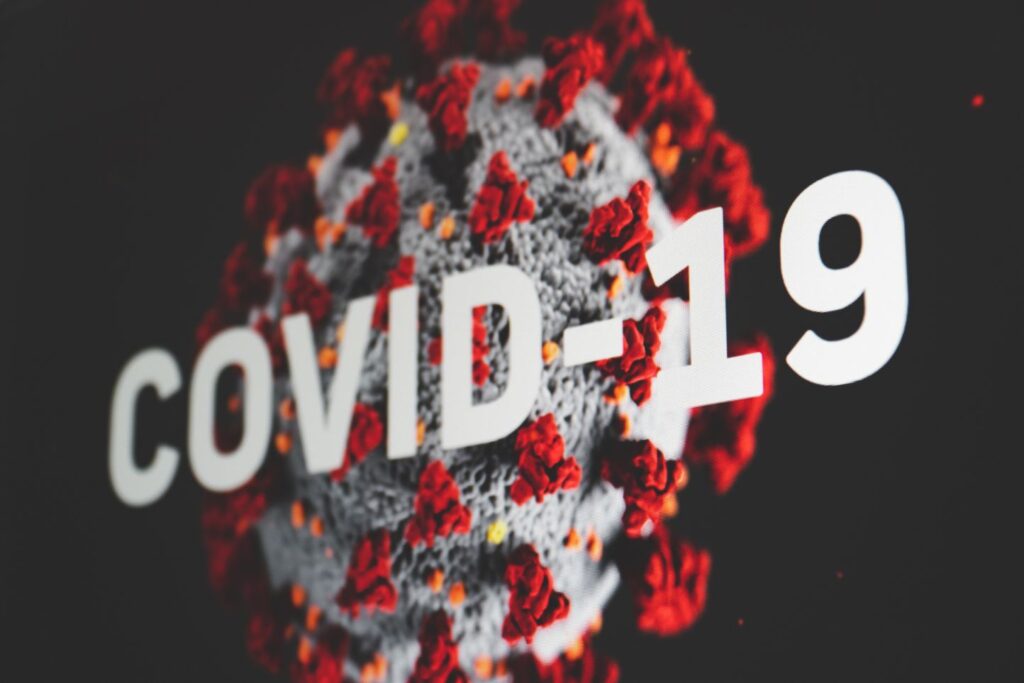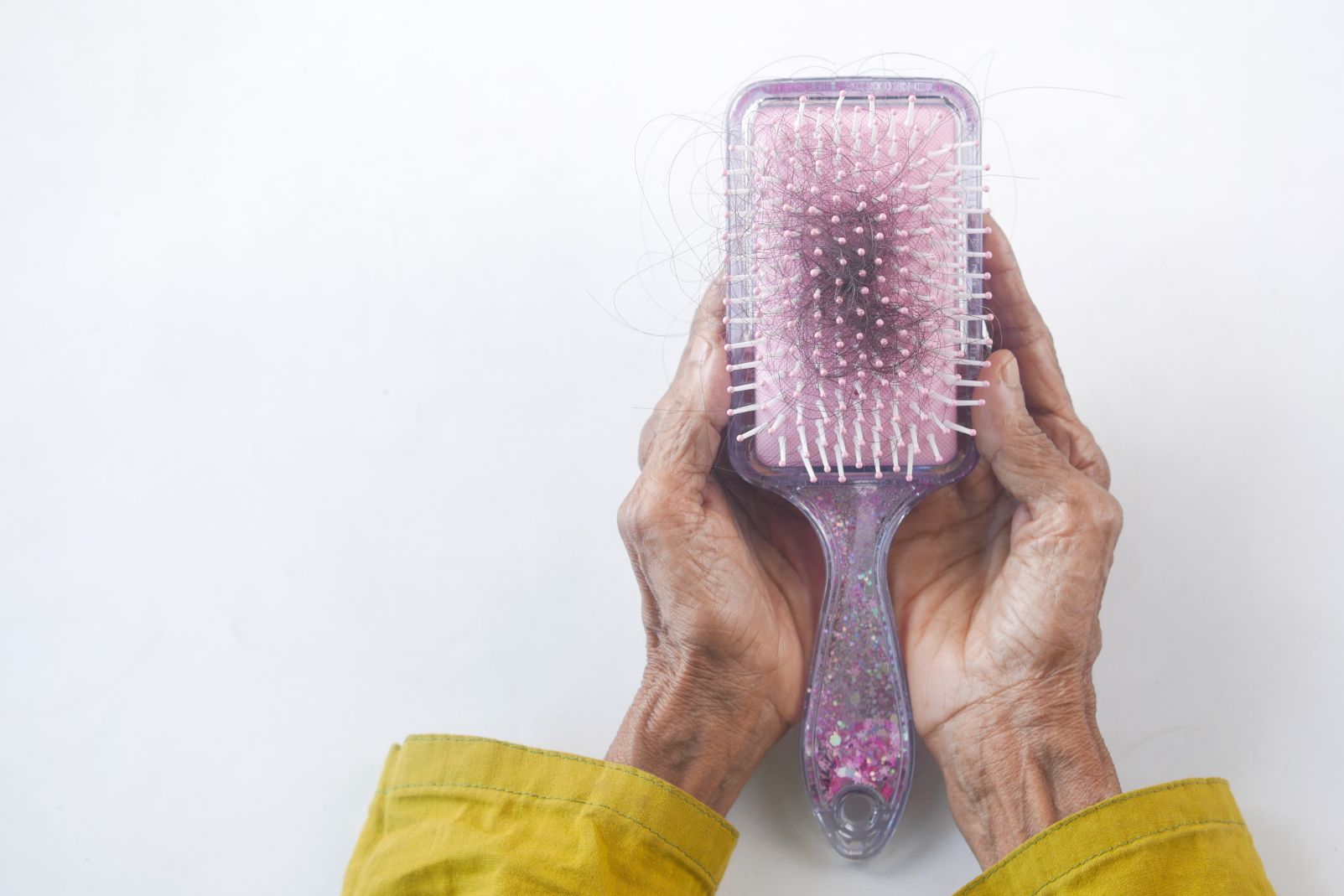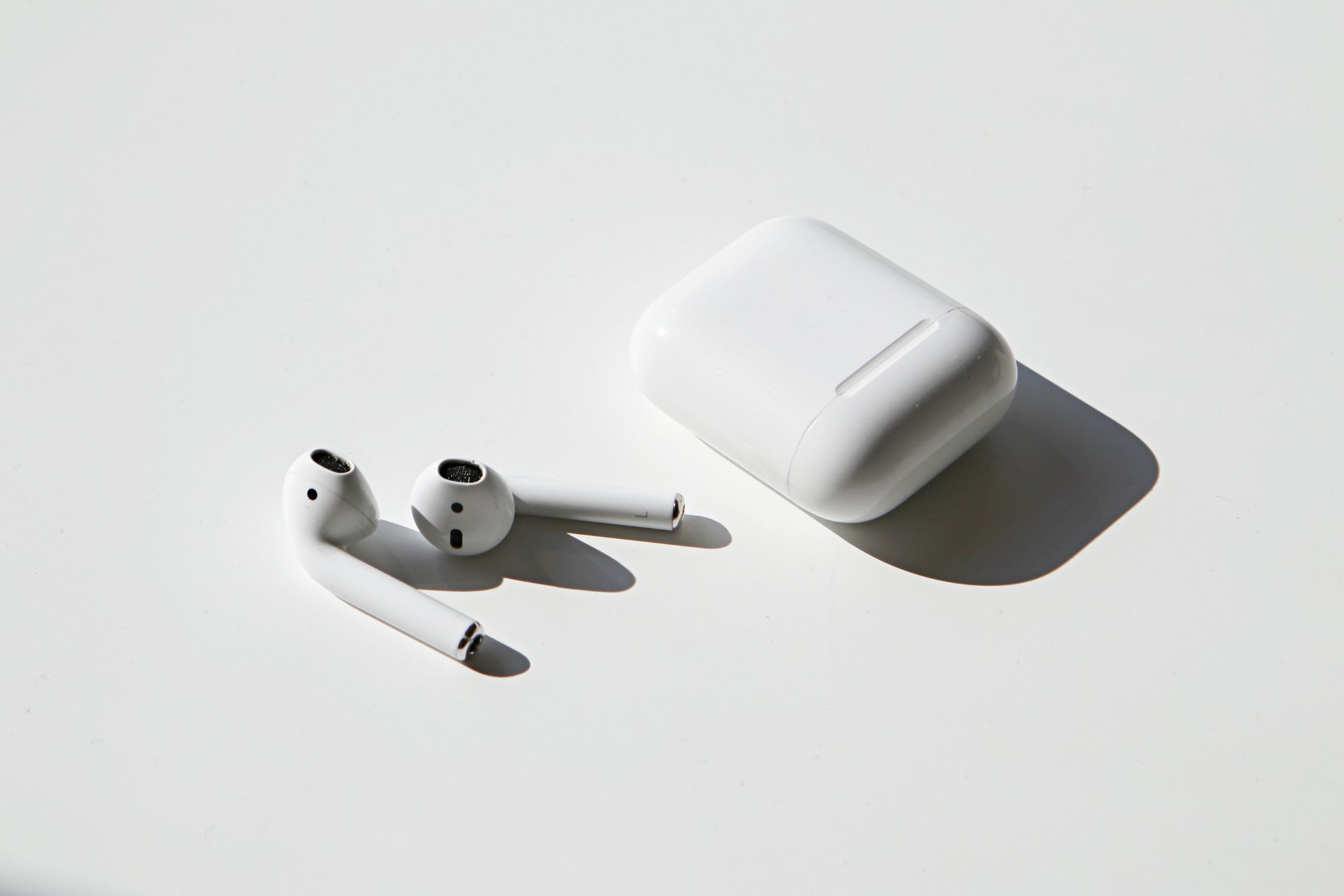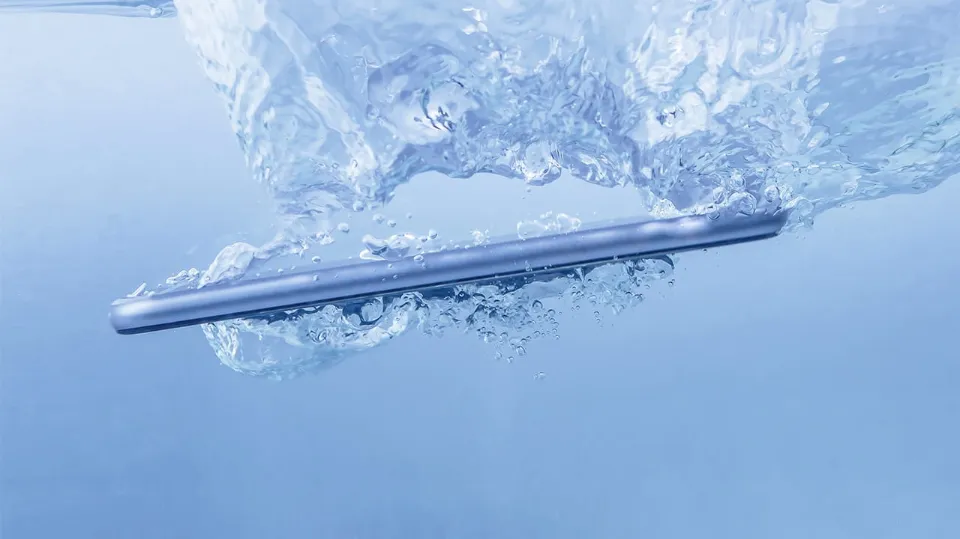Following COVID-19 infection, long-term side effects have led to a number of devastating symptoms, including loss of taste and smell, brain fog, and fatigue. Other common symptoms include hair loss. The good news is that hair loss following COVID-19 is typically temporary. For more information on how COVID-19 may affect your hair, please read this article.
Why Does Hair Loss Happen?
Patients who have the SARS-CoV-2 virus may notice clumps of hair falling out while brushing their hair every day or while washing it in the shower. The condition is referred to as telogen effluvium.
On our scalp, about 90% of hairs are in the anagen phase—the phase of growth—while only 10% are in the telogen phase, the phase of rest. On our scalp, telogen, which lasts between two and six months, begins after anagen, which lasts for about three years.
Our hairs shed from their follicles at the conclusion of telogen and are gradually replaced by fresh anagen hairs. The growth cycle then resumes.
An average person loses between 100 and 150 hairs per day. The COVID-19 infection is one stressful event that can cause our bodies to prematurely shift a higher than usual percentage of growing anagen hairs into a resting telogen state.
Up to 50% of hairs may be resting and shedding, which is much more than the typical 10%.
What Could Cause Hair Loss?
- Viral infections
- Hospitalization
- Surgery
- Childbirth
- Medications, especially hormonal medications
- Thyroid dysfunction
- Entering menopause
- Significant emotional stress
How Could Covid-19 Lead To Hair Loss?
Hair loss is a side effect you might experience if you had COVID-19. Contrary to some other hair loss conditions, COVID-19 and other illnesses don’t cause symptoms in your scalp like redness, flaking, itching, or burning.

Research studies have shown that a “significant percentage” of people who were infected with Hair began to fall out on COVID-19. The study found that one to two months after a COVID-19 infection, COVID-19-associated telogen effluvium (excessive hair shedding) typically occurred.
According to one study, up to 60% of COVID-19 patients experience hair shedding.
Any type of illness or fever can change the texture of the hair, whether we’re talking about COVID-19, the flu, or strep throat. This is due to the fact that your body expends less energy on processes like hair growth when it is focused on battling viruses or bacteria. There are larger issues at hand.
Other effects of COVID-19 infection can be associated with hair loss and hair shedding as well, including:
- Weight loss.
- a lack of nutrition.
- Emotional stress.
- Sleep disturbance.
- Certain medications.
How Long Does Hair Loss Last After Covid-19?
No matter the trigger—COVID-19 or another—telogen effluvium typically doesn’t last forever. But before it stops, shedding may continue for three to six months. Given that the scalp and hair follicles are unharmed during telogen effluvium, all of the hair should regrow. At some point, the hair growth cycle returns to normal.
Your hair will likely return to normal fullness after telogen effluvium within six to nine months, according to the American Academy of Dermatology.
Treatment For Hair Loss After Covid-19
Even though it may be unsettling, Dr. According to Khetarpal, COVID-19 infection, stress, and other causes of hair loss are all treatable.
New, healthy hair grows in to replace those that were shed. If the cause of the hair loss isn’t medication or a nutritional deficiency, people may feel like their hair is thinner, but eventually, their hair density returns to normal.
But those who experience hair loss might be worried about what’s happening and wonder what they can do to slow it down and restore their normal hair growth. Even though there are unavoidable current events, there are still things we can do to try to reduce our stress.
You can lessen hair shedding by exercising, eating a diet rich in protein, and getting enough water.
There are other options you can explore with a healthcare professional if the hair loss is severe or your hair isn’t growing back in as it should.
Minoxidil
By applying a topical solution or foam called minoxidil directly to your scalp, you can promote hair growth. It functions by preventing hair from resting or shedding and forcing it into the growing phase. Although you can buy minoxidil in a variety of forms, Rogaine is probably the most well-known brand.
For the most part, it’s secure. Only during pregnancy or while nursing do we advise against using it.
Vitamins
Taking specific vitamin supplements can also help increase key nutrient levels that support hair regrowth in addition to taking a multivitamin. One of them is the water-soluble B-vitamin biotin. A daily dosage of three to five milligrams may be beneficial.
That includes additional vitamins as well. We know that someone’s hair can fall out if they don’t get enough vitamin D or iron. This is the reason we say that taking a multivitamin will help you ensure that you’re getting all the nutrients your hair needs.







